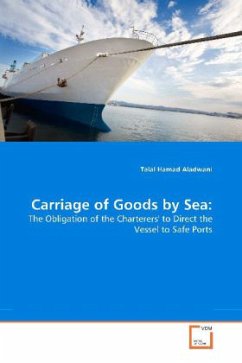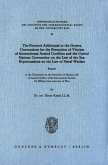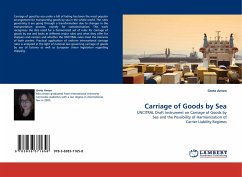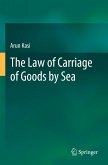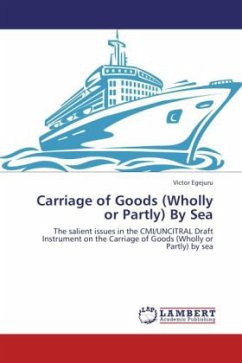In most charterparties, a clause such as between safe ports and safe places is to be found which imposes a primary obligation on the charterers to order the ship only to ports which, at the time when their order was given, are prospectively safe. This book aims to analyse the current legal approach to the obligation of the charterers to direct vessels to safe ports under Carriage of Goods by Sea. Following a general introduction as in chapter 1, chapter 2 entails a critical analysis to the elements of the safe port definition. The significant differences between the implied and express warranty of safety obligation is discussed in Chapter 3. Chapter 4 is concerned with the rights and obligations between the shipowners and charterers. Chapter 5 is devoted to the potential legal ramifications on the implementation of the International Codes (ISM, ISPS)and risk assessment as tools to assess the safety of the port. It is hoped that this book will add, not only to knowledge of the wayin which the obligation is adhered at this time, but also to an understanding of the problems of safe port clause in the context of the charterparties.
Bitte wählen Sie Ihr Anliegen aus.
Rechnungen
Retourenschein anfordern
Bestellstatus
Storno

